#richard portnow
Text
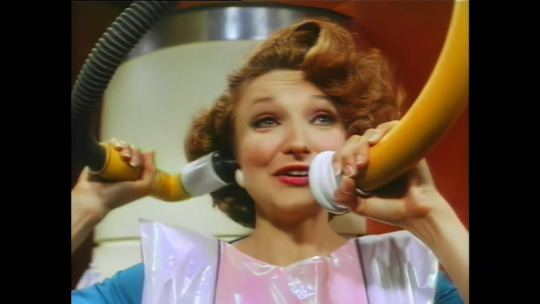
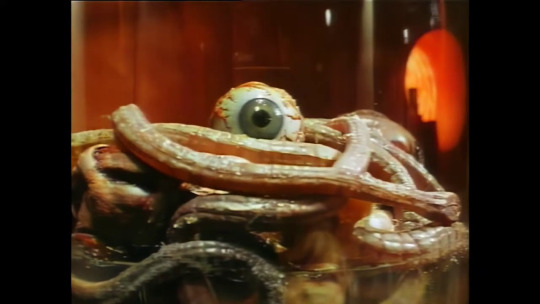

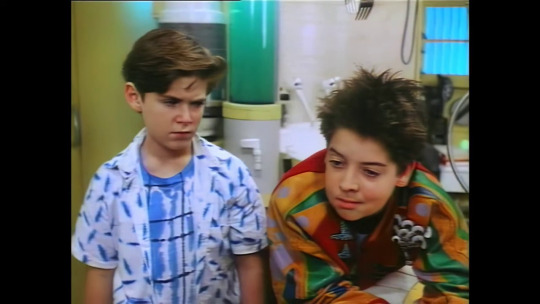
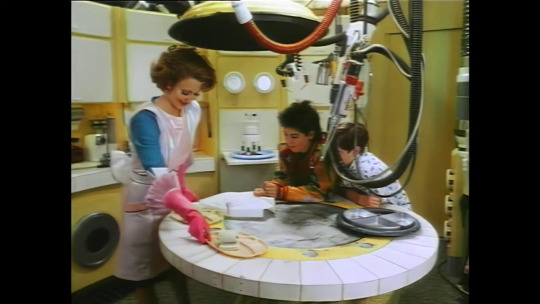
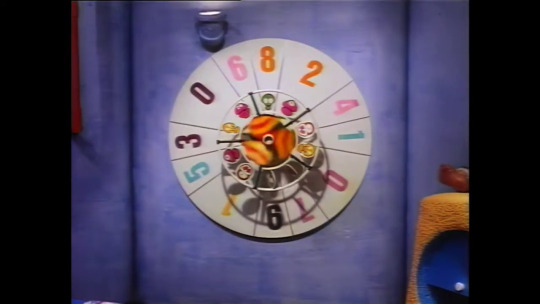

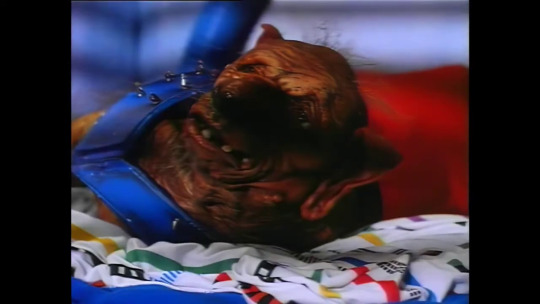

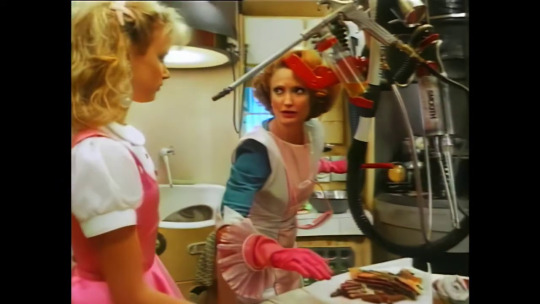
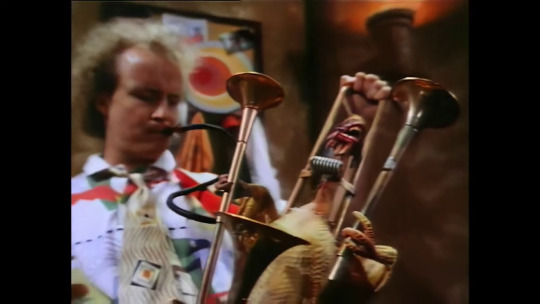
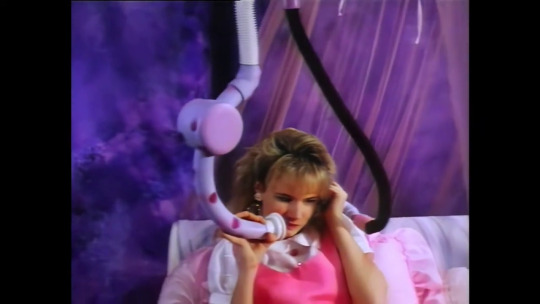

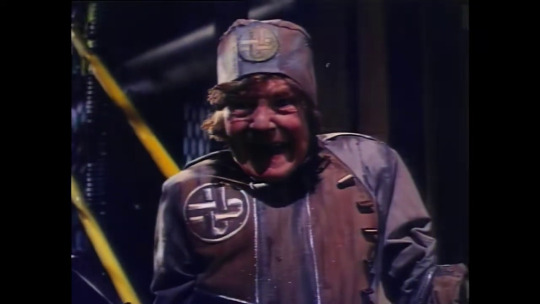
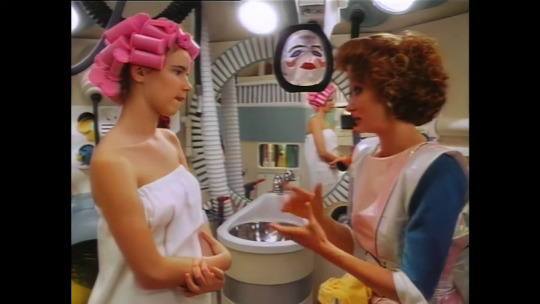
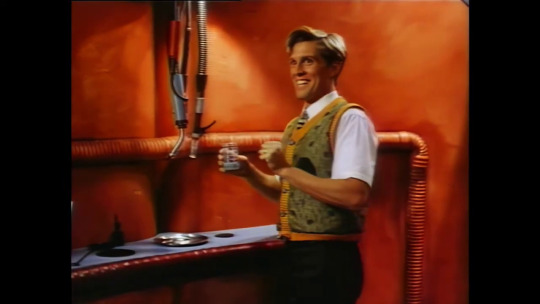


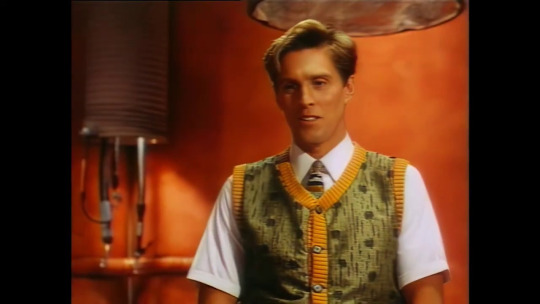



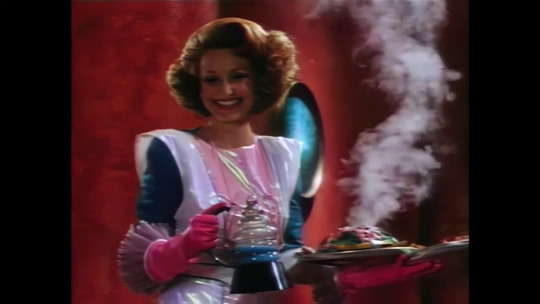
Meet the Hollowheads (1989) dir. Tom Burman
#meet the hollowheads#tom burman#creatures#monsters#practical effects#sci fi#science fiction#sci fi film#dystopian film#set design#costume design#sf#cult film#80s film#80s sci fi#80s science fiction#john glover#Nancy Mette#richard portnow#juliette lewis#Joshua John Miller#Matt Shakman#Lightfield Lewis#Anne Ramsey#dark comedy#comedy film
4 notes
·
View notes
Photo

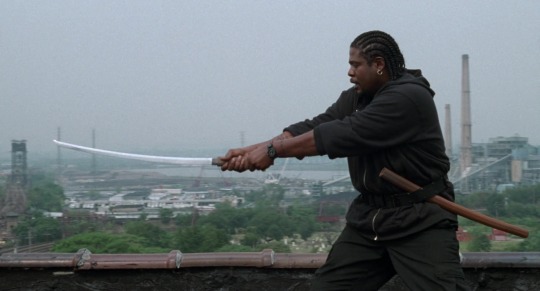


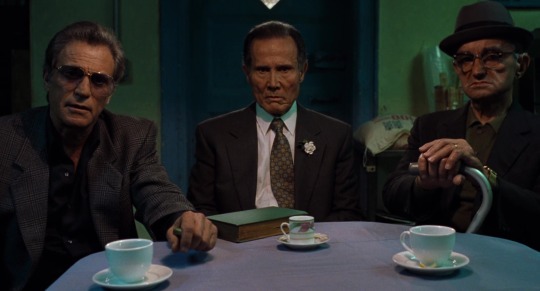
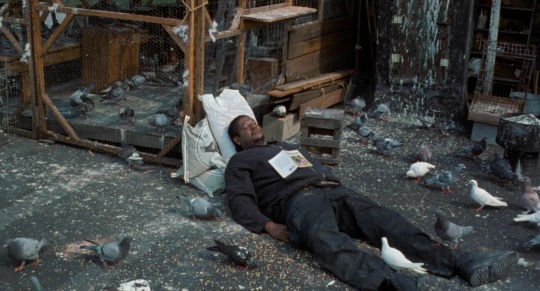
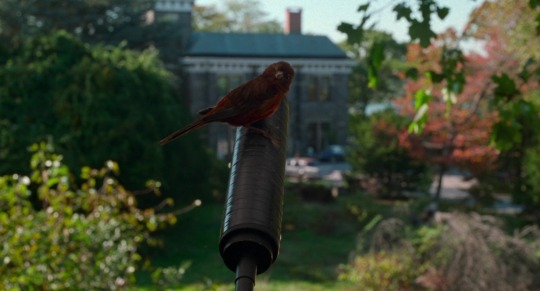
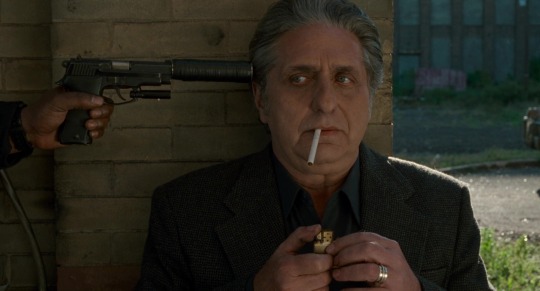
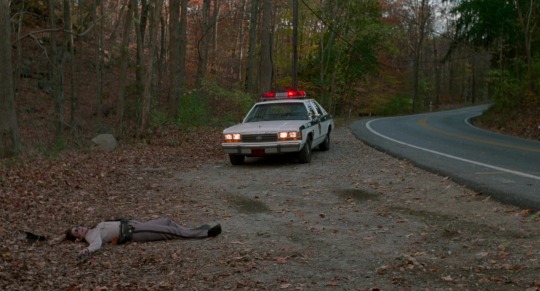
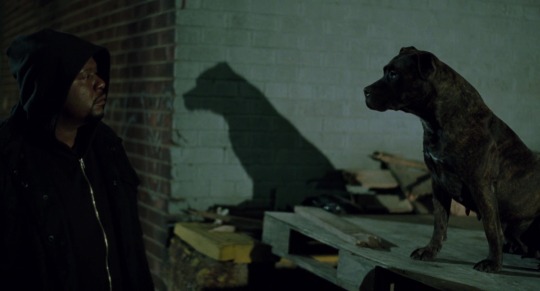
Ghost Dog: The Way of the Samurai (1999, Jim Jarmusch)
6/24/22
#Ghost Dog#The Way of the Samurai#Jim Jarmusch#Forest Whitaker#Henry Silva#John Tormey#Cliff Gorman#Richard Portnow#Tricia Vessey#Victor Argo#Isaach De Bankole#crime#drama#90s#indie#postmodern#literary#samurai#gangster#African-American#Italian-American#bushido#hitmen#assassins#mafia#honor#books#hip hop#racism#birds
66 notes
·
View notes
Text
WATCHLIST 2022: Trumbo
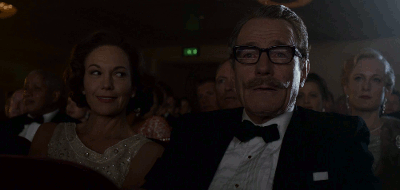

#movie watchlist#trumbo#bryan cranston#diane lane#helen mirren#dalton trumbo#elle fanning#john goodman#michael stuhlbarg#david james elliott#alan tudyk#dean o'gorman#roger bart#john getz#stephen root#richard portnow#jay roach
10 notes
·
View notes
Text
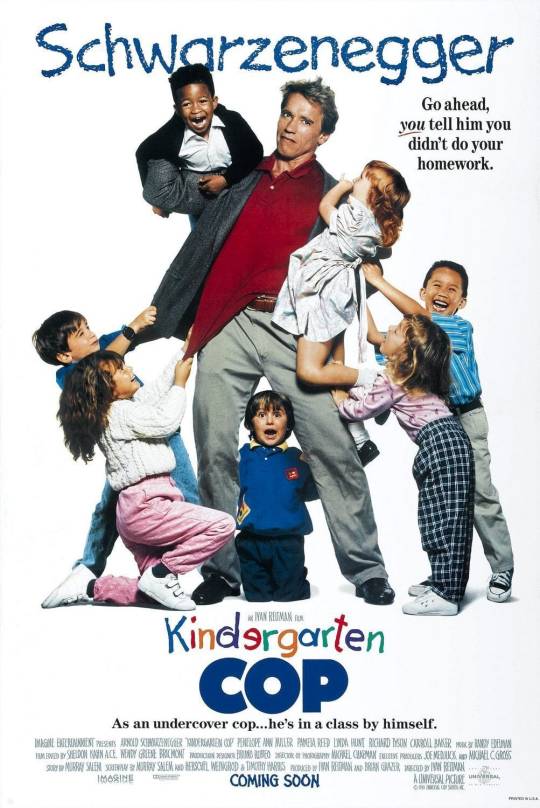
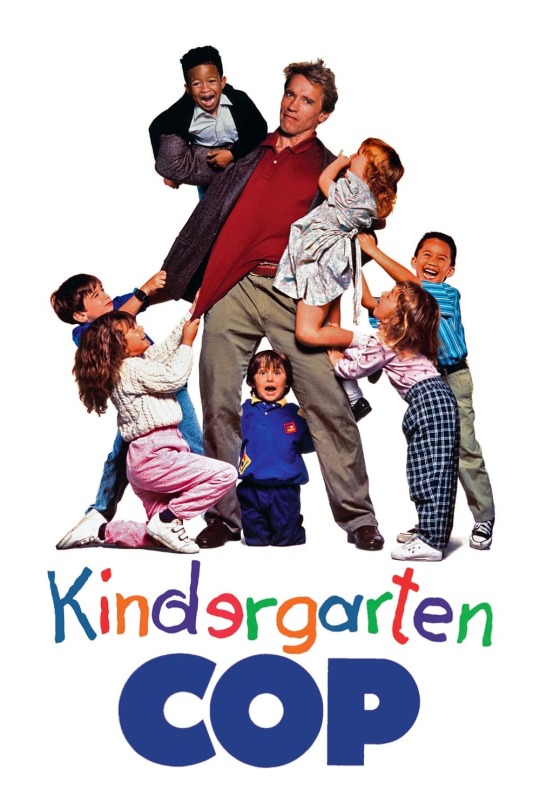
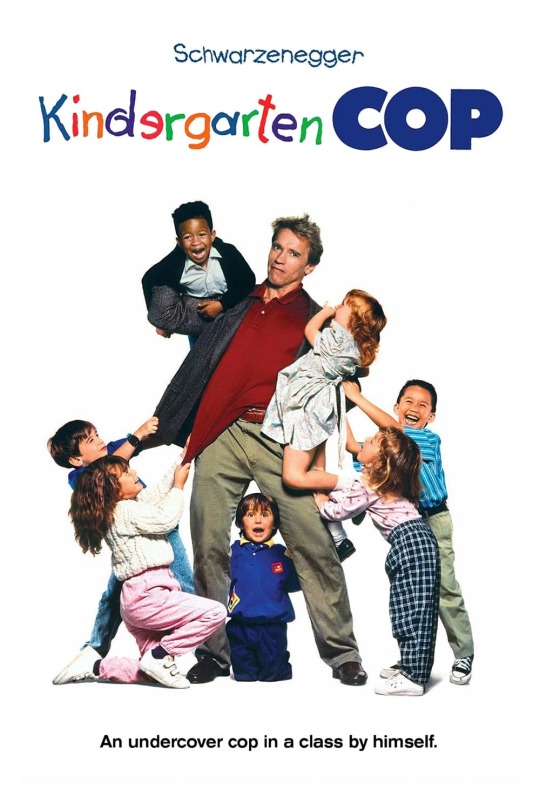
W A T C H I N G
youtube
TRIVIA:
ANGELA BASSETT played a stewardess in Kindergarten Cop!
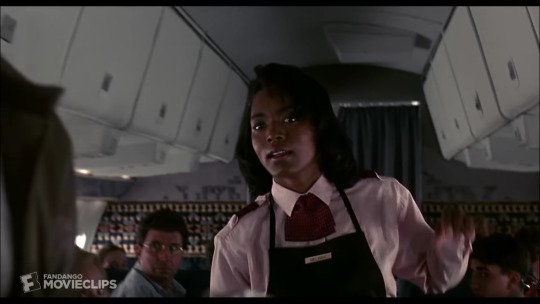
#KINDERGARTEN COP (1990)#ARNOLD SCHWARZENEGGER#IVAN REITMAN#Penelope Ann Miller#Pamela Reed#Linda Hunt#Cathy Moriarty#Richard Tyson#Carroll Baker#Park Overall#Jayne Brook#Heidi Swedberg#Richard Portnow#Bob Nelson#Angela Bassett#Sarah Rose Karr#Miko Hughes#Ben Diskin#Adam Wylie#Odette Yustman#Odette Annable#Joseph Cousins#Christian Cousins#Jason Reitman#Catherine Reitman#WATCHING#Comedy#Action film#90's films
3 notes
·
View notes
Text

Today We Honor Donna Summer
LaDonna Adrian Gaines better known as Donna Summer, was a singer/songwriter who gained prominence during the disco era of the 1970s, and became known as the “Queen of Disco.”
A five-time Grammy Award winner, Summer was the first artist to have three consecutive double albums reach number one on the U.S. Billboard chart.
Summer first rose to fame the mid-’70s, thanks to “Love to Love You Baby.” The song, with Summer’s whispered vocals and orgasmic groans helped define the mid-‘70s disco trend and hit No. 2 in 1976. Summer followed the song with such hits as “I Feel Love,” “Last Dance” and a disco-fied version of the Richard Harris hit “MacArthur Park,” which outdid Harris’ version by hitting No. 1 on Billboard’s Hot 100 singles chart. It was Summer’s first of four chart-toppers.
But with her 1979 album “Bad Girls,” Summer broke out of the disco mold as the genre, which had become renewed by the success of the “Saturday Night Fever” soundtrack, was feeling a backlash. “Bad Girls” demonstrated Summer’s vocal and stylistic range and produced two No. 1 hits, “Hot Stuff” and “Bad Girls,” as well as a Top 10 ballad, “Dim All the Lights.”
And, in 1983’s “She Works Hard for the Money,” became a big radio hit.
Recording Academy President Neil Portnow said. “Her talent was a true gift to the music industry.”
CARTER™️ Magazine carter-mag.com #wherehistoryandhiphopmeet #historyandhiphop365 #cartermagazine #carter #staywoke #donnasummer #blackhistorymonth #blackhistory #disco #history
#carter magazine#carter#historyandhiphop365#wherehistoryandhiphopmeet#history#cartermagazine#today in history#staywoke#blackhistory#blackhistorymonth
39 notes
·
View notes
Text


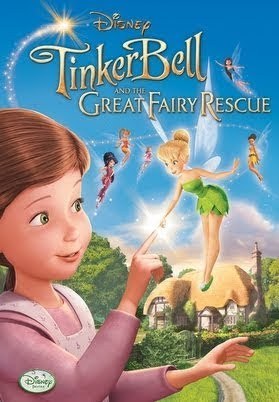
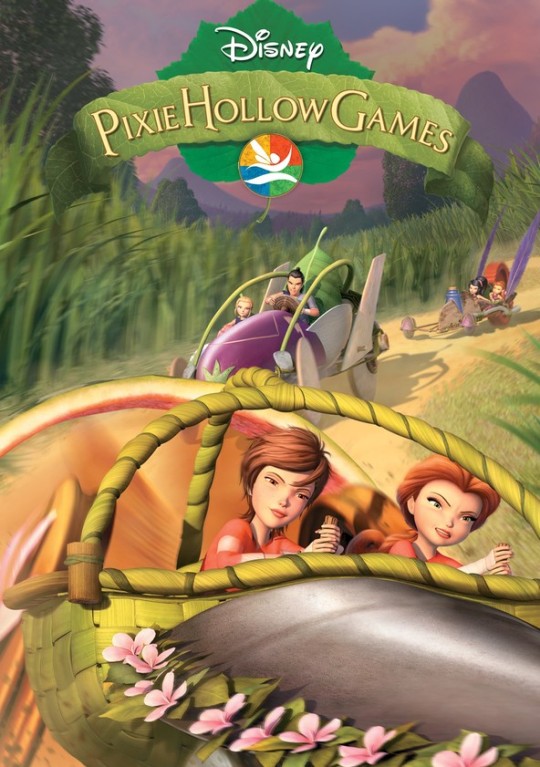
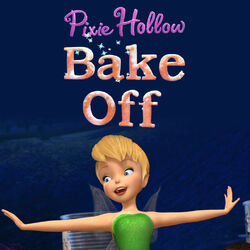


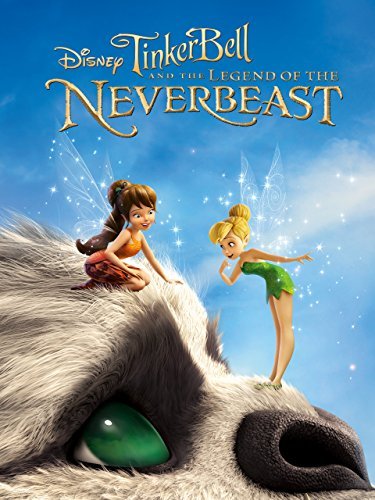
Title: Tinker Bell
Rating: G
Director: Bradley Raymond
Cast: Mae Whitman, Kristin Chenoweth, Raven-Symoné, Lucy Liu, America Ferrera, Jane Horrocks, Jesse McCartney, Rob Paulsen, Jeff Bennett, Pamela Adlon, Anjelica Huston, Loreena McKennitt, Steve Valentine, Kathy Najimy, Richard Portnow, Gail Borges
Release year: 2008
Genres: fantasy, adventure
Blurb: New fairy Tinker Bell is transported to Pixie Hollow, where she learns that her job is to repair broken items as a tinker fairy. When she learns this means she can't travel to the mainland to help bring Spring, she struggles with who she is and who she wants to be.
#tinker bell#tinker bell and the lost treasure#tinker bell and the great fairy rescue#pixie hollow games#pixie hollow bake off#secret of the wings#tinker bell and the pirate fairy#tinker bell and the legend of the neverbeast#g#bradley raymond#mae whitman#kristin chenoweth#raven symone#lucy liu#america ferrera#2008#fantasy#adventure
5 notes
·
View notes
Photo
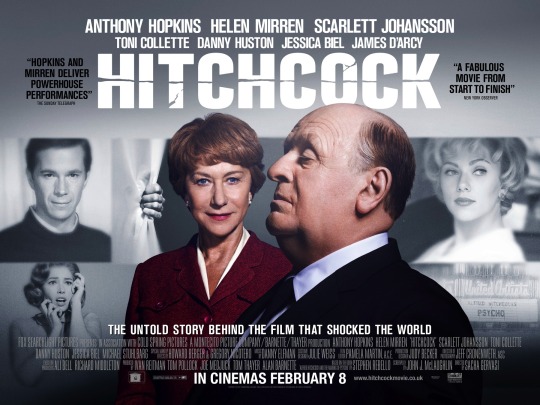
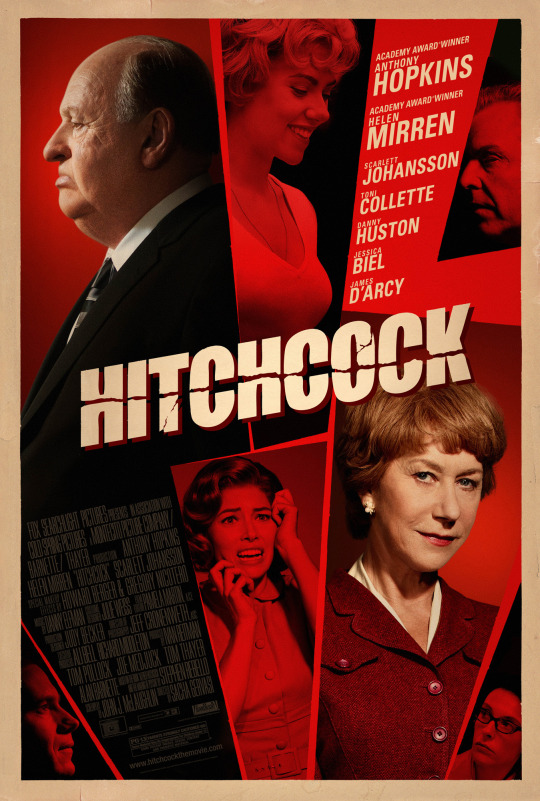

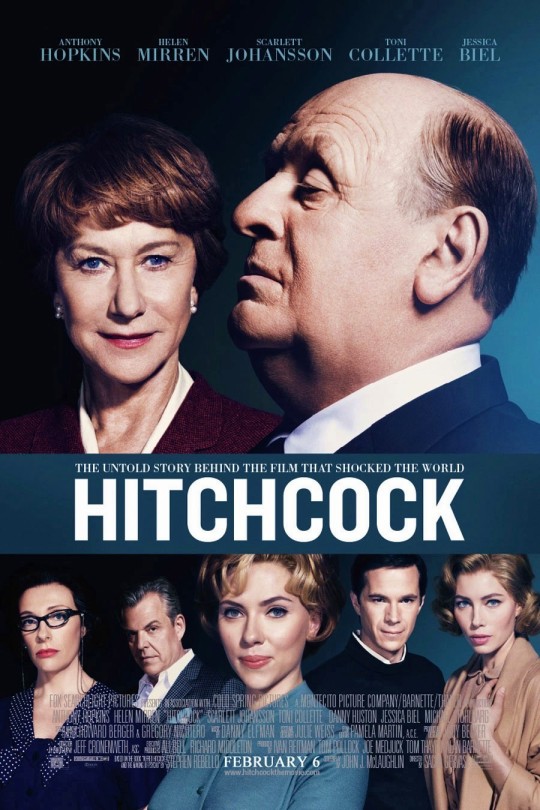
Hitchcock (2012) Sacha Gervasi
January 22nd 2020
#hitchcock#2012#sacha gervasi#anthony hopkins#helen mirren#scarlett johansson#danny huston#toni collette#michael stuhlbarg#michael wincott#jessica biel#james d'arcy#richard portnow#alfred hitchcock and the making of 'psycho'#hitchcock and the making of psycho
21 notes
·
View notes
Photo

@greysabc
15 notes
·
View notes
Photo
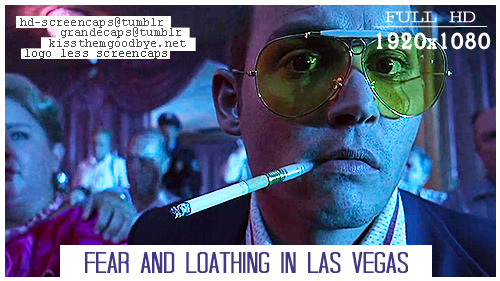
Fear and Loathing in Las Vegas (1998) HD SCREENCAPS Gallery Here: [X] size: 1920x816 3331 caps
#fear and loathing in las vegas#Johnny Depp#Benicio Del Toro#Tobey Maguire#Larry Cedar#Craig Bierko#Mark Harmon#Richard Portnow#Verne Troyer#Cameron Diaz#Lyle Lovett#Gregory Itzin#Christopher Meloni#Christina Ricci#capped by vapor
15 notes
·
View notes
Photo
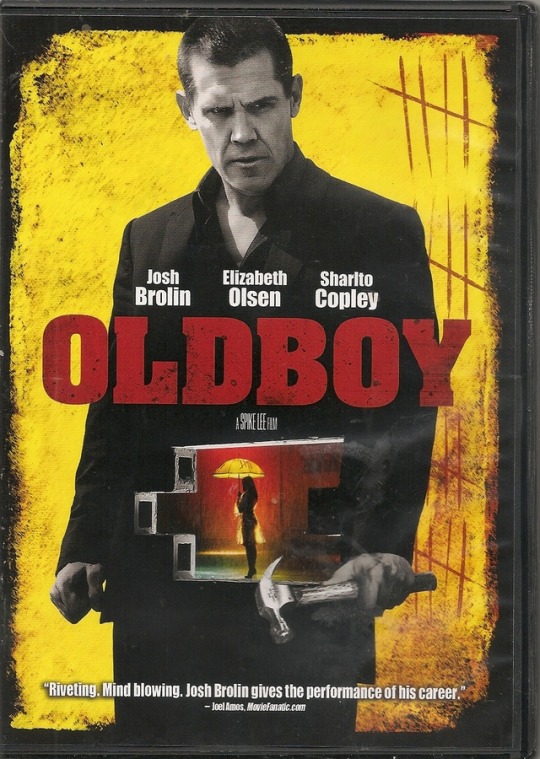
Bad movie I have Oldboy 2013
#Oldboy#Josh Brolin#Elizabeth Olsen#Sharlto Copley#Samuel L. Jackson#Michael Imperioli#Pom Klementieff#James Ransone#Max Casella#Linda Emond#Elvis Nolasco#Rami Malek#Lance Reddick#Hannah Ware#Richard Portnow#Hannah Simone#Good Universe
2 notes
·
View notes
Photo
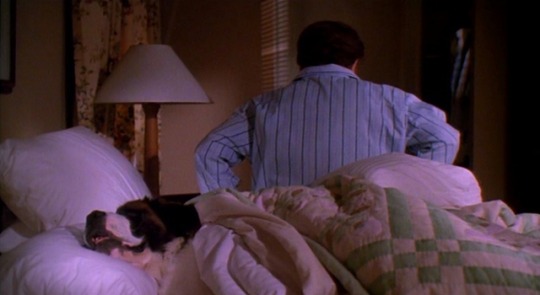

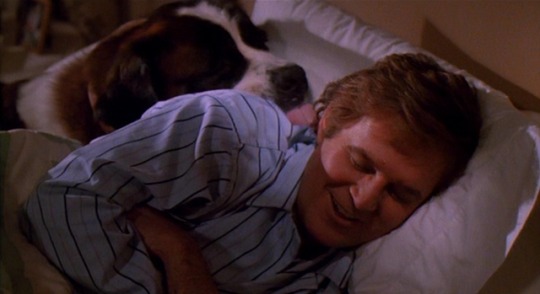


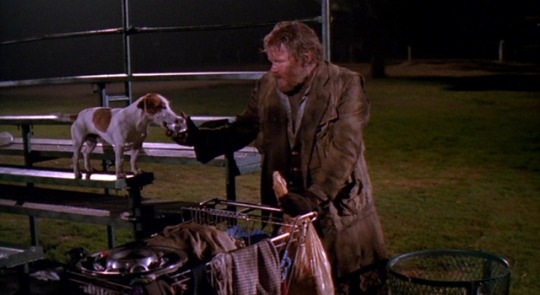


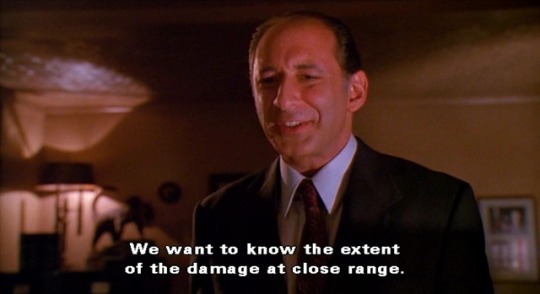
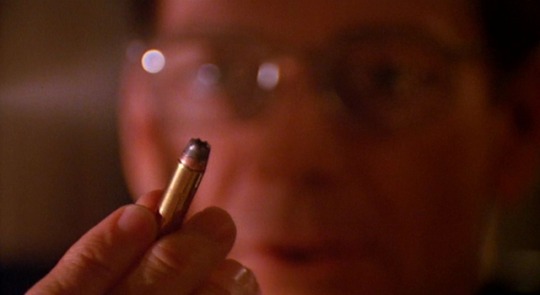
Beethoven
#Brian Levant#Amy Holden Jones#Edmond Dantès#Craig Pinkard#Richard Portnow#Charles Grodin#Dean Jones#Chris LXXXVIII#John Hughes#Beethoven#Beethoven 1992
11 notes
·
View notes
Video
youtube
Good Morning, Vietnam (1987) - trailer
In 1965, an unorthodox and irreverent DJ named Adrian Cronauer begins to shake up things when he is assigned to the U.S. Armed Services radio station in Vietnam.
#Good Morning Vietnam#Robin Williams#Barry Levinson#Forest Whitaker#Bruno Kirby#Adrian Cronauer#Robert Wuhl#JT Walsh#80s#60s#movies#trailers#Vietnam#Vietnam War#retro#Chintara Sukapatana#Richard Edson#Richard Portnow#military#army#radio#dj#Saigon#war#comedy#drama#The Twilight Zone
4 notes
·
View notes
Text
Charley Pride To Receive Inaugural Crossroads Of American Music Award At GRAMMY Museum® Mississippi's Annual Gala
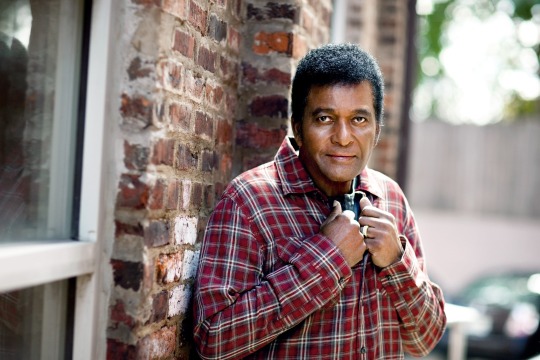
Charley Pride
CLEVELAND, Miss. - Three-time GRAMMY® Award-winning, Mississippi-born country artist Charley Pride will be the inaugural recipient of GRAMMY Museum® Mississippi's Crossroads of American Music Award at the Mississippi Museum's 2019 Gala on Friday, Nov. 1. Established by the Museum's Board of Directors, the Crossroads of American Music Award honors an artist who has made significant musical contributions influenced by the creativity born in the cradle of American music. Pride will appear at the Museum's 2019 Gala to accept the award on Nov. 1 at GRAMMY Museum Mississippi.
"We are thrilled to recognize the great Charley Pride as the first-ever recipient of our Crossroads of American Music Award," said Emily Havens, Executive Director of GRAMMY Museum Mississippi. "As a native of Mississippi, Charley has had a significant impact on American music with his uncompromising honky-tonk country music. Charley broke new ground in the '60s when he emerged as one of the most successful black country artists at that time. It's an honor to recognize Charley Pride as the inaugural recipient of our Crossroads of American Music Award."
GRAMMY Museum Mississippi's Red Carpet Guild, an organization of committed volunteers whose mission is to promote, support and sustain the Mississippi Museum, is currently developing plans for the Mississippi Museum's 2019 Gala, with this year's theme being "Girls, Guitars, & Rocktail Bars." The Gala will celebrate the impact of women on music, and proceeds will benefit the music education initiatives of the Mississippi Museum. The event will take place on Friday, Nov. 1, at 6 p.m. at GRAMMY Museum Mississippi and will feature a reception, dinner and cocktails, live music, and a silent and live auction. Additional details regarding the 2019 Gala are forthcoming.
“I'm honored to be the first recipient of this award from the GRAMMY Museum Mississippi," said Pride. "And thankful to the many great American music artists before me that helped to pave the way for my success. I applaud the Museum for celebrating those artists and championing the importance of American music.”
Encore Broadcast of American Masters - Charley Pride: I'm Just Me:
A special encore presentation of American Masters – Charley Pride: I’m Just Me airs Thursday, September 19 at 9 p.m. on PBS(check local listings) to coincide with the premiere of Country Music, a new eight-part, 16-hour film directed by Ken Burns, which features Charley Pride, premiering Sunday, September 15 through Wednesday, September 18, and Sunday, September 22 through Wednesday, September 25 at 8-10 p.m. on PBS (check local listings). Additionally, the documentary is streaming at pbs.org/americanmasters and on the PBS apps.
American Masters – Charley Pride: I’m Just Me traces the improbable journey of Charley Pride, from his humble beginnings as a sharecropper’s son on a cotton farm in segregated Sledge, Mississippi to his career as a Negro League baseball player and his meteoric rise as a trailblazing country music superstar. The new documentary reveals how Pride’s love for music led him from the Delta to a larger, grander world. In the 1940s, radio transcended racial barriers, making it possible for Pride to grow up listening to and emulating Grand Ole Opry stars like Ernest Tubb and Roy Acuff. The singer arrived in Nashville in 1963 while the city roiled with sit-ins and racial violence. But with boldness, perseverance and undeniable musical talent, he managed to parlay a series of fortuitous encounters with music industry insiders into a legacy of hit singles, a Recording Academy "Lifetime Achievement Award" and a place in the Country Music Hall of Fame.
The film includes original interviews with country music royalty, including Garth Brooks, Dolly Parton, Brad Paisley, Darius Rucker and Marty Stuart. It also includes several on-camera conversations between Pride and special guests, including Rozene Pride (his wife of 61 years), Willie Nelson, and other fellow musicians. The film also features many songs from his repertoire of classic country hits, along with more modern cuts like "Standing In My Way," from his latest album Music In My Heart, released in 2017.
View the Trailer Below:
youtube
On January 30, 2019 the film made its world premiere at Belmont University in Nashville, Tennessee. The premiere featured an appearance by Charley Pride himself, along with special guest artists featured in the film, including the film's narrator Tanya Tucker, Jimmie Allen, Janie Fricke, and Sylvia Hutton. Members of the media, and other family and friends of Pride also attended. After the film a Q&A was hosted by the film's director Barbara Hall, and journalist Robert K. Oermann, Country Music Hall of Fame's Peter Cooper, and Charley Pride.
Websites/Socials:
pbs.org/americanmasters
facebook.com/americanmasters
@PBSAmerMasters
#AmericanMastersPBS
youtube.com/AmericanMastersPBS
instagram.com/pbsamericanmasters
Charley Pride Tour Dates:
2019
Sep 20 – Isleta Resort & Casino / Albuquerque, N.M.
Sep 27 – Norsk Hostfest / Minot, N.D.
Oct 05 – Sugar Creek Casino / Hinton, Okla.
Oct 18 – Five Flags Center / Dubuque, Iowa
Nov 09 – Deadwood Mountain Grand / Deadwood, S.D.
2020
Apr 24 - Nugget Casino Resort / Sparks, Nev.
For Charley's most up-to-date tour schedule, please visit charleypride.com/tour
For more information, visit grammymuseumms.org, "like" GRAMMY Museum Mississippi on Facebook, and follow @grammymuseumms on Twitter and Instagram.
# # #
#Music#Charley Pride#charleypride#grammys#grammy#grammymuseum#The Recording Academy#Neil Portnow#naomi richard#naomijrichard#naomi jean richard#RCV#Red Carpet View#Events#Music tour#Nugget Casino Resort#Charley Pride Tour Dates
1 note
·
View note
Text
Compare & Contrast: Trumbo vs Mank
It’s the rare movie that’s about screenwriting, and rarer still the ones about actual screenwriters engaged in their craft.
Recently two films about two of the most famous (or notorious, depending on your point of view) screenwriters were released, and not only are they about actual screenwriters involved in writing scripts of actual films -- genuine classics in both cases -- but their protagonists are done in by the same group of antagonists (though to be fair, one film paints them merely as adversaries, not villains).
Yes, we’re pitting 2015’s Trumbo (directed by jay Roach, written by John McNamara off Bruce Cook’s Dalton Trumbo) nose-to-nose with Mank (directed by David Fincher, written by Jack Fincher), and may the best bio pic win.
First off, the bad:
Neither film really jells seamlessly.
Both come across as a series of scenes, not a coherent story flow.
The dialog in both is too theatrical, too self-knowing though in the case of Mank’s Herman J. Mankiewicz, apparently a fair depiction of how he actually spoke (for the cheap seats: Like a pompous asshole).
Advantage:
Mank because it never asks us to pity Mankiewicz as a self-destructive alcoholic no matter how brilliant his writing is. Mank’s struggles are more in the trenches -- even if those trenches run through the plush offices of MGM. Trumbo talks a lot about the struggles of the little guy but never really dips down to street level. For all its insights and good intentions, it remains a limousine liberal story.
You can’t do a Hollywood bio pic without having Hollywood celebrities in it, and for the most part Mank keeps the most famous names and faces at arm’s length.
Yes, Marion Davies (Amanda Seyfried) plays a pivotal role but virtually nobody today remembers the real Davies except as she was unfairly depicted in Citizen Kane.
Orson Welles is the best known name and face in Mank and Tom Burke does a top notch job of capturing him at his charismatic young genius stage. Other off screen personalities also serve to flesh out their roles adequately, including Ferdinand Kingsley as Irving Thalberg, Charles Dance as William Randolph Hearst, and Arliss Howard as Louis B. Mayer.
On the other hand, virtually none of Trumbo’s famous players look anything like their real life counterparts. Dean O'Gorman as Kirk Douglas comes closest in a dinner theater level of resemblance, but Michael Stuhlbarg as Edward G. Robinson and David James Elliott as John Wayne are virtually unrecognizable as their actual counterparts.
Trumbo also features Richard Portnow as their version of Louis B. Meyer and it needs be said thar Mank’s Meyer is far more dynamic and compelling.
Props to Christian Berkel as Otto Preminger for coming closest to capturing the real persona behind the role, but then Preminger himself deliberately created a living caricature of himself for public appearances -- no matter how far over the top you go, he’s already w-a-a-a-y ahead of you.
Helen Mirren as Hedda Hopper is fairly accurate in her portrayal of Hollywood’s original queen of mean / notorious gossip columnist and plays the role as close to an absolute villain as possible.
John Goodman and Stephen Root as producing brothers Frank and Hymie King are a delight, and Goodman simply backs up a truck and drives off with the picture every scene he appears in.
Advantage:
Mank because less is always more.
In terms of direction and cinematography, Mank is filmed in gloriously luminescent black and white. Mank also plays with and explores the boundaries pf film making much more than Trumbo. Trumbo is an expertly made film, but a very conventional one.
Advantage:
Mank
The key question for both is how accurate are they?
Truth be told, not very for either of them.
Oh, both films get their broad strokes down, but a lot of minor details are garbled or misrepresented.
Dalton Trumbo, for instance, did not originate The Brave One, which won him a best screenplay Oscar under a pseudonym while he was on the blacklist. That project was handed to him by the King brothers who acquired it from special effects legend Willis O’Brien (i.e., the guy who brought King Kong to life) but then stripped out O’Brien’s fanciful stop motion allosaur to concentrate on the story of a boy and his bull.
One understands why this aspect was ignored -- it would contribute nothing to the actual story of Trumbo -- but it is the height of irony that O’Brien’s participation was cancelled due to Trumbo coming onboard.
Likewise in Mank there’s a scene where Thalberg complains the Marx Brothers started a fire and roasted hot dogs in his office; in real life Groucho & his siblings roasted potatoes. One can understand Mank changing the menu -- the audience can “smell” a roasted hot dog easier than a roasted potato.
But enough fiddle-faddle! How well did each capture their central character and their dilemma?
Ah, there we have a split decision.
While Trumbo focuses on Dalton Trumbo (Bryan Cranston), it also spends a lot of time with the struggles of his coterie of fellow blacklisted scribes.
Both Dalton Trumbo and Herman Mankiewicz (Gary Oldmam) fell under the curse of always being the smartest guy in the room, and when you’re the smartest guy in the room you grow impatient with all the others.
In Trumbo’s case, he runs roughshod of the eminently justifiable concerns of others involved in his crusade, and in the end his miscalculations of the era’s real politik led to the notorious blacklist and the rise of McCarthyism.
That he subsequently tries to mitigate this by creating an underground talent pool of ghost screenwriters is shown as positive in one sense and capitulation in another. Trumbo -- quite accidentally -- torments screenwriter Arlen Hird (a composite character played by Louis C.K. as if he were channeling the late Ricky Jay) , turning his already stressful life into pure misery.
Again, it is a tribute to Trumbo’s character -- at least the screen version of same -- that he recognizes the harm he inflicted and tries -- however inadequately -- to atone for it.
Herman Mankiewicz, on the other hand, was just an asshole -- a charming, entertaining asshole, to be sure, but an asshole nonetheless.
Both writers are laid low by far right politics determined to root out any and all “leftist” influence in Hollywood -- both the ideal and the workaday reality.
Trumbo depicts him as “a communist with a swimming pool” who enjoys the finer things in life while championing the largely unseen underdog.
The film doesn’t shy away from this and an encounter in prison with African-American felon Virgil Brooks (Adewale Akinnuoye-Agbaje) is played as a reverse Shawshank Redemption in which Trumbo learns exactly how the underclass perceives his efforts on their behalf.
Mank makes more direct contact with this underclass -- while skewering Mankiewicz’ own hypocrisy in this area -- but Mankiewicz himself steers away from any direct involvement.
He’s bright and erudite and his scenes with Marion Davies do much to show the complexities found at the intersection of art / commerce / politics -- but in the end he remains more of a spectator (albeit a spectacularly self-destructive one) than a participant.
Mank creates the fictious character of Shelly Metcalf (Jamie McShane), a low grade MGM employee who makes anti-socialist propaganda for Hearst and comes to a tragic end.
This is part of what spurs Mankiewicz to a drunken rant at San Simeon aimed at Meyer and Hearst, and in the fallout of that, the inspiration for Citizen Kane itself.
This is where the two films share a profound overlap,
But with wholly contrary messages.
Both films try to humanize their players.
Mank gives Meyer, Thalberg, and Hearst very human and wholly believable reactions to Mankiewicz’ assholery -- they sincerely try to save him from himself and failing that, only then do they cast him quite literally into the outer darkness.
Yet in trying to humanize them it also shows their monstrous natures.
Hearst, escorting Mankiewicz out of San Simeon for the very last time, tells him the parable of the organ grinder’s monkey, and while the story is delivered in an almost sad patrician tone, the underlying threat and menace is unmistakable.
Trumbo, on the other hand, does a better job of humanizing its players, Hedda Hopper not withstanding (and she is depicted with deeply personal motivations, not purely ideological ones).
Quoting from the real Dalton Trumbo’s acceptance speech for his WGA lifetime achievement award, Trumbo the movie takes pains to recognize its story possesses no simplistic duality of good and evil, heroes and villains.
Both sides were caught up in a storm of societal change that swept the world and both sides did what they felt they had to do in response to it.
Trumbo doesn’t shy away from choices having consequences, but it recognizes the vast spectrum of gray in the middle.
Advantage:
Trumbo
In summation:
Two good but not flawless movies. Mank is the more fully realized one and all around better production, but Trumbo is then one that gives you the most to chew on.
© Buzz Dixon
4 notes
·
View notes
Photo


CALIFICACIÓN PERSONAL: 6 / 10
Título Original: Ghost Dog: The Way of the Samurai
Año: 1999
Duración: 115 min
País: Estados Unidos
Director: Jim Jarmusch
Guion: Jim Jarmusch
Música: RZA
Fotografía: Robby Müller
Reparto: Forest Whitaker, John Tormey, Cliff Gorman, Henry Silva, Tricia Vessey, Isaach de Bankole, Victor Argo, Gene Ruffini, Richard Portnow, Jamie Hector, Frank Minucci, Vanessa Hollingshead, Frank Adonis, Dennis Liu, Camille Winbush
Productora: Plywood Productions
Género: Action, Crime, Drama
https://www.imdb.com/title/tt0165798/
TRAILER:
youtube
2 notes
·
View notes
Photo

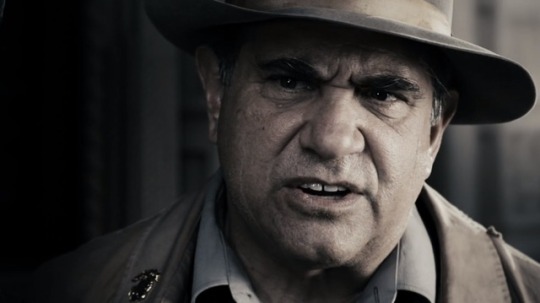
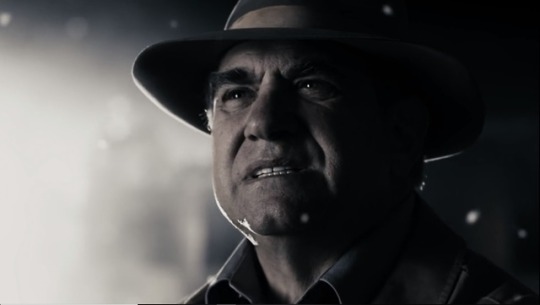

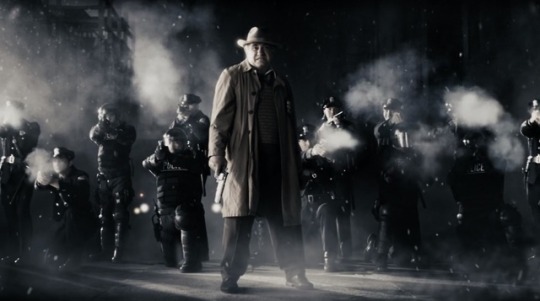
The Spirit (2008) - Dan Lauria
I noticed Dan before in things like the Wonder Years and some TV movies. But after seeing him in this, looking all grizzled, grumpy and hot as fuck.
Lets just say, he's still high on my list of actors I like to fuck.
On a side note: Yeah... I noticed Richard Portnow in this too, but my boner for Dan and Eva Mendes had me focused on them.
Wait a minute. Scarlett Johansson was in this too. I wasn't in to her until Iron Man 2, BUT she can catch a dick too.
[photoset #1 of 3]
50 notes
·
View notes